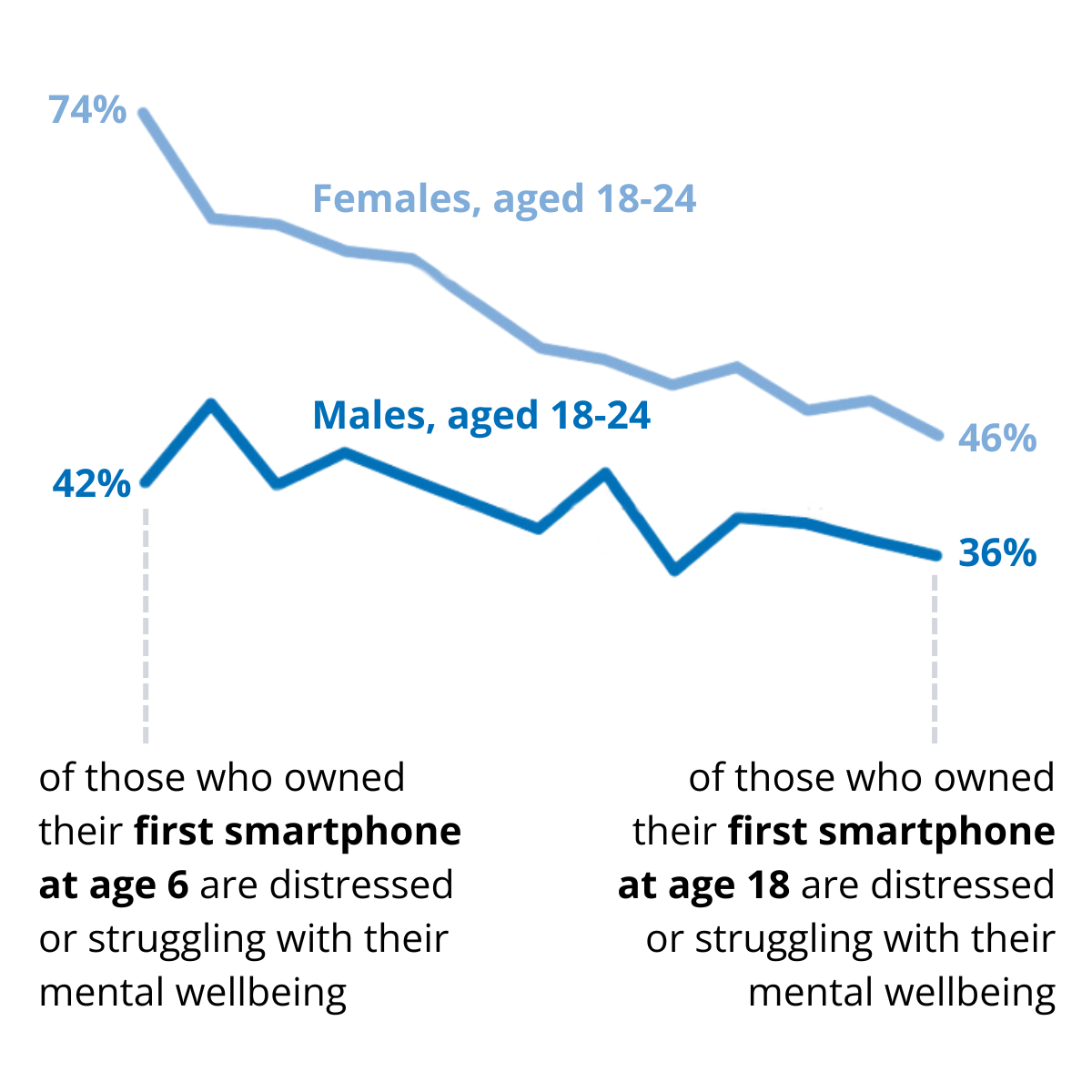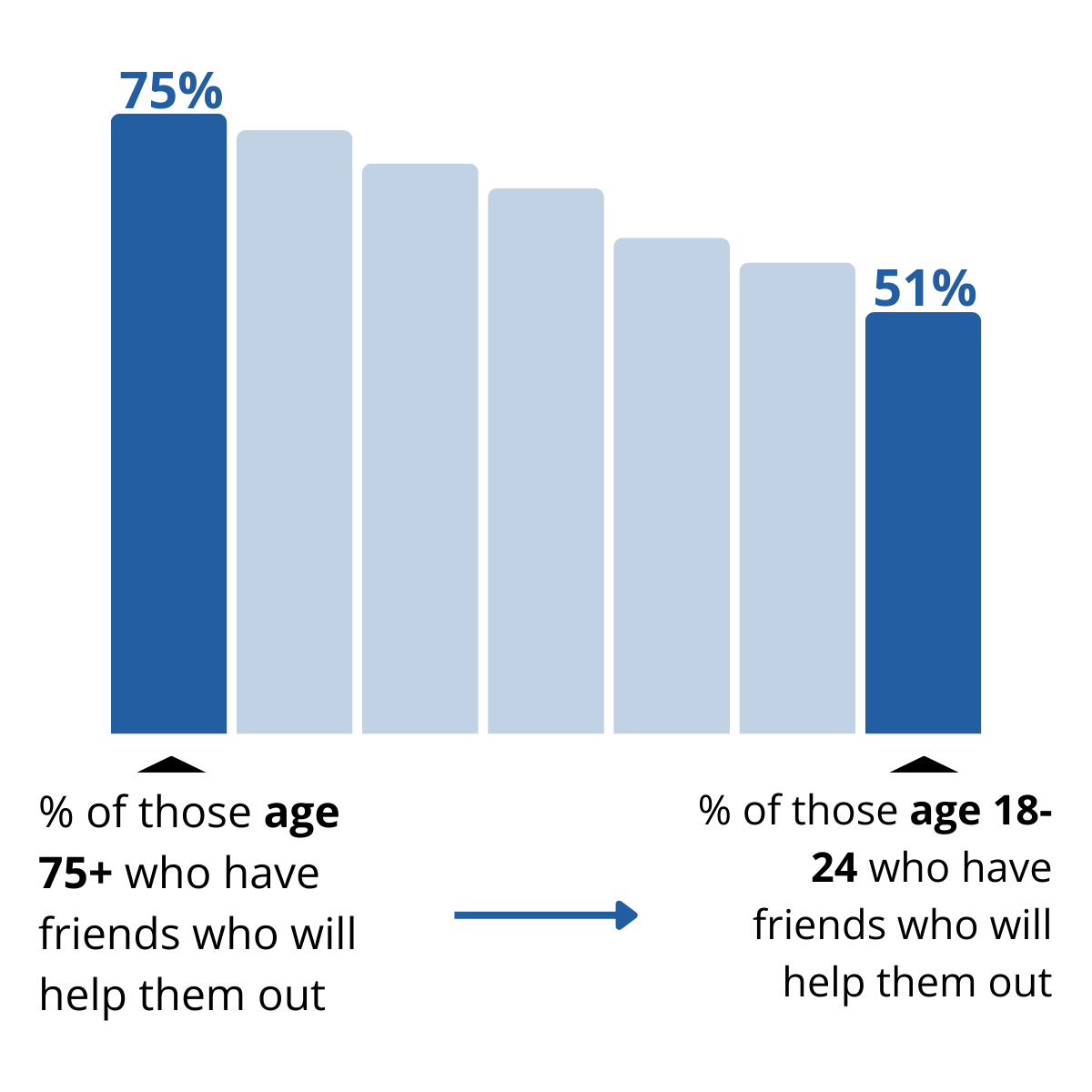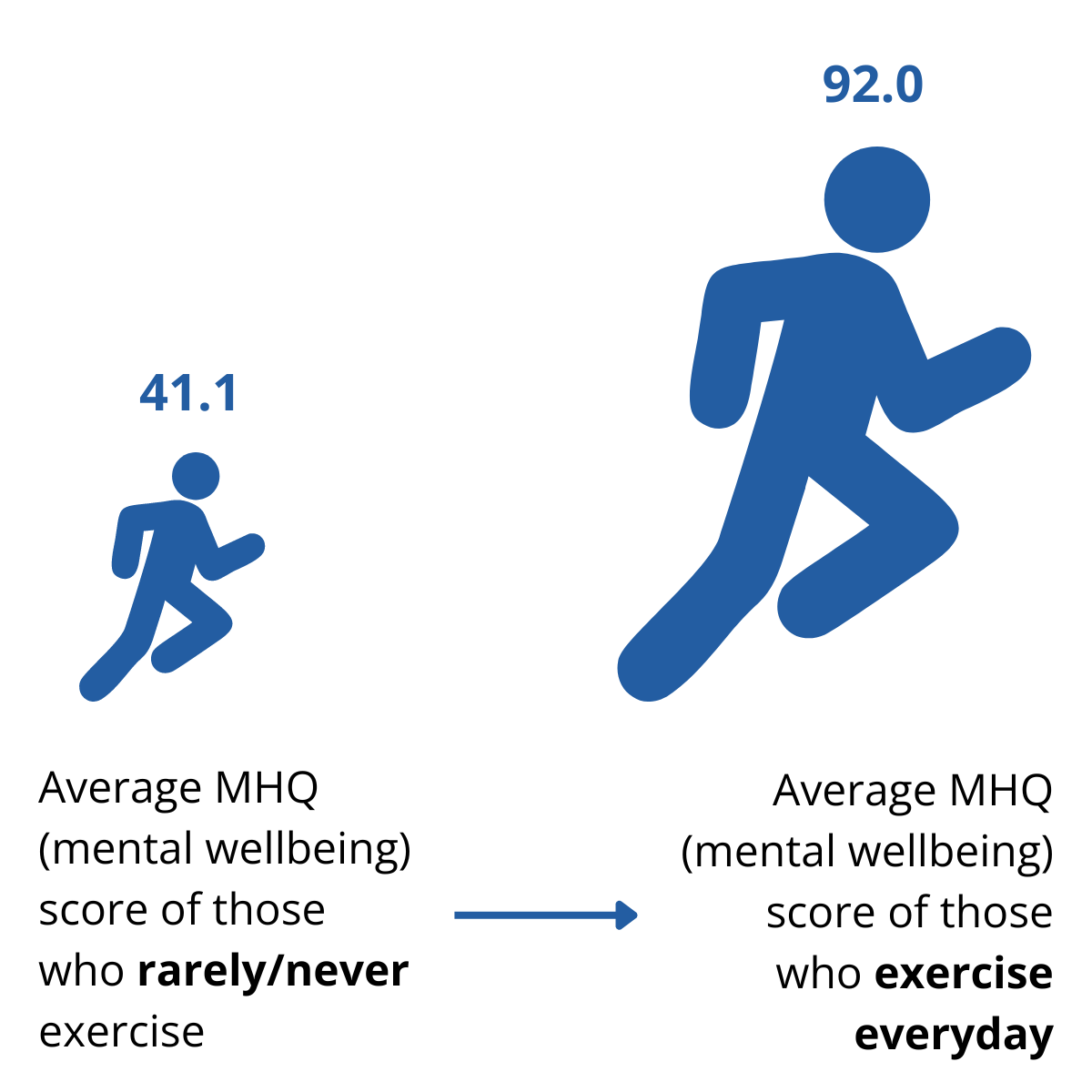Jerzy has a personal interest in brain health issues and joins Sapien Labs to apply his computational expertise to enable better brain health.
He brings deep perspective to solving complex data analytics problems. His wide breadth of expertise includes artificial intelligence, machine learning, natural language processing, healthcare analytics and probabilistic modeling that he has applied across diverse domains such financial fraud prevention and detection and risk management, next product to buy predictions and sensor analytics for ballistic target discrimination. He has served as Principal Investigator for research projects under the aegis of various government agencies including Defense Research Projects Agency, National Geospatial-Intelligence Agency, Department of Education, and the U.S. Department of Veterans Affairs. Jerzy has received ten Commonwealth of Virginia Outstanding Achievement Awards for success in the U.S. Department of Defense research projects.
He has conceived several patented machine learning algorithms, among them, distributed data and text mining methods, and a data analytics method geared towards the interactive acquisition and display of visual knowledge representations. He is also the co-author of the book, Machine Learning – A Multi strategy Approach. His postdoctoral research was sponsored through a grant from the National Science Foundation in Computational Science and Engineering to investigate a class of multi-strategy machine learning algorithms that combine explainable rule-based learning with neural networks.
He has a Ph.D. in Computer Science from George Mason University, and a B.S. and M.S. in Electrical Engineering from the AGH University of Science and Technology in Krakow, Poland. He has held various roles in data science and analytics, most recently as Vice President, Analytics at Bottomline Technologies.
Sapien Labs is in a unique position of executing ongoing global data acquisition initiatives to builda rich and evolving collection of large-scale multidimensional data sets that include demographics with life experience, neurophysiological, and mental health information. As a data scientist, I understand the importance of such data as an asset that can fuel better understanding of the brain, leading to better tools for more accurate diagnoses and treatment of disorders.
I am most interested in solving complex knowledge and large-scale data analytics problems towards efforts to build proof-of-concept demonstrations and productization of analytical solutions.






















